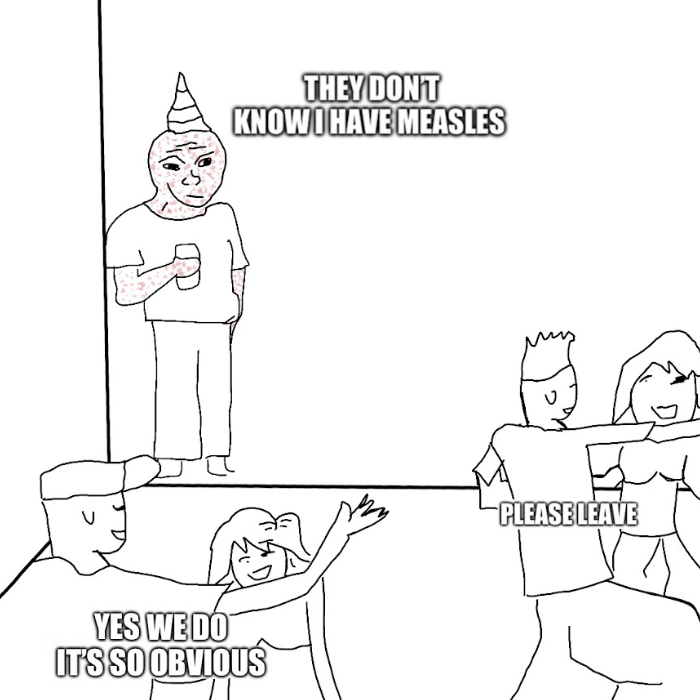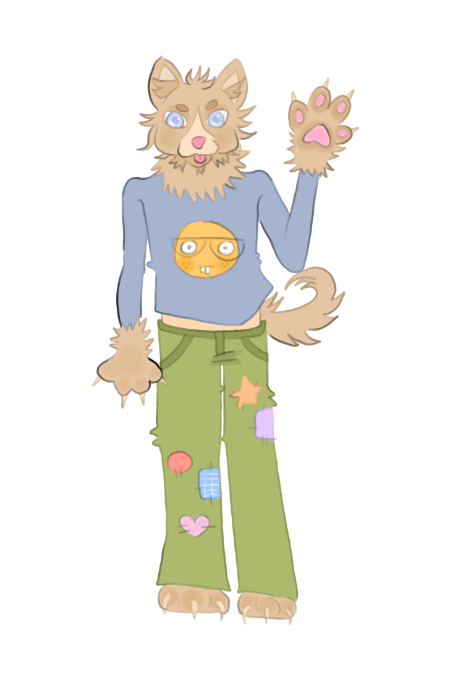There is nothing more satisfying and rewarding than adopting an animal from the shelter. As the stray cat population rapidly rises, shelters are filling up too quickly for employees to handle, and a solution is needed. It seems one of Chile’s most overcrowded prisons is ahead of the game and has found a way to give stray cats a home while encouraging good behavior among inmates.
For decades, cats wandered the walls of the prison, mostly ignored by everyone. Eventually, prison officials realized that cats may have had a positive connection to the inmates’ behavior. The New York Times interviewed inmates to see their thoughts on their new feline cellmates.
“The felines’ presence has changed the inmates’ mood, has regulated their behavior and has strengthened their sense of responsibility with their duties, especially caring for animals,” the prison’s warden, Col. Helen Leal González said.
While there is not a structured system in place, the inmates have created their own methods of caring for the cats.
“Prisoners informally adopt the cats, work together to care for them, share their food and beds and, in some cases, have built them little houses. In return, the cats provide something invaluable in a lockup notorious for overcrowding and squalid conditions: love, affection and acceptance.”
The accidental acceptance of cats in the Chilean prison catapulted into something much bigger around the world. After seeing consistent, positive results, prisons understand that animals are promoting good behavior and have started implementing formal programs to continue this streak.
Leader Dogs for the Blind has partnered with prisons in Michigan and Minnesota to have inmates aid in their mission. The seven-week-old puppies are given to an inmate to be raised and cared for. The inmate must raise that puppy for the next 12 to 15 months to prepare the puppies as “guide dogs.” The inmate is tasked with teaching the puppy a foundation of skills and obedience.
At Pendleton Correctional Facility, a maximum-security prison located outside of Indianapolis, inmates have been given the chance to feel a feline’s unconditional love. As part of the FORWARD program, a handful of inmates get to spend six hours a day with over 20 cats. The program provides shelter for stray cats and untampered affection for the inmates, leaving everyone happier than before. Some participating inmates say that caring for the cats is the only thing they still get out of bed for, proving that the program is bringing positivity to everyone involved.
Animals have always been said to have healing properties, and the inmates agree. These programs have produced nothing but good results and should be implemented in every correctional facility. Inmates need love, and so do stray animals, which is why this is the perfect solution. Prisoners need to be reminded that they are worthy of love, even if it only comes in feline form, but they also need to be reminded that they are capable of loving another being.










